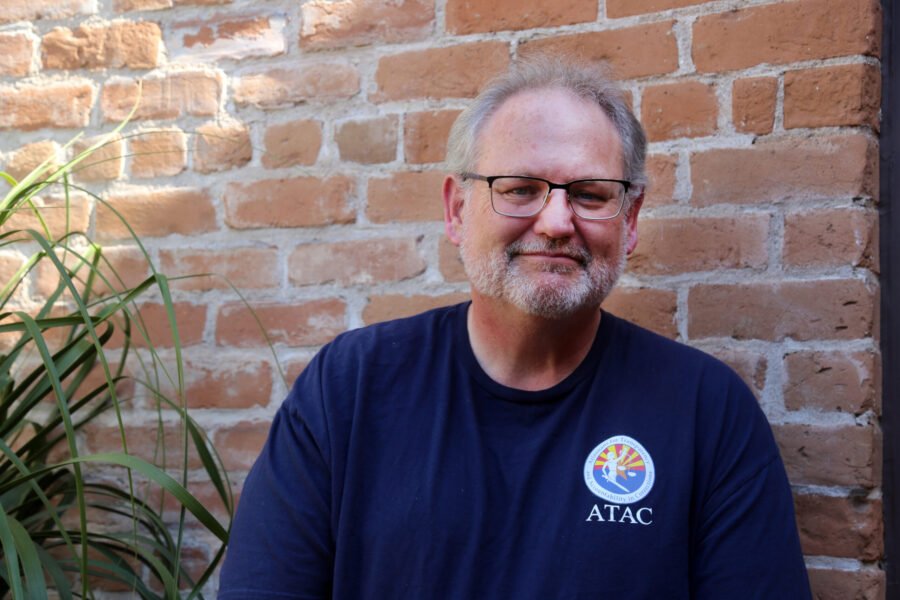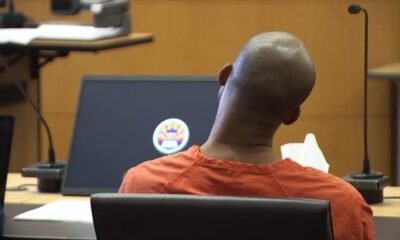Arizona corrections facility
John Fabricius: From Ex-Con to Paralegal and Champion for Prison Reform

John Fabricius, the executive director of the Praxis Initiative, emphasizes a significant gap in independent prison oversight, a realization that first struck him during his own time as an inmate. Moving from personal experience to a broader mission, he advocates for increased vigilance in the criminal justice system.
Fabricius’s journey began in his youth, influenced heavily by his older brother’s struggles. His brother fell into drugs at an early age, leading to frequent stints in both juvenile and adult correctional systems. Despite his brother’s moments of success, the shadow of addiction ultimately led to tragedy when he overdosed shortly after being released from prison.
These experiences carved a deep path for Fabricius. In 2003, when he found himself in the Department of Corrections, the stark reality of incarceration hit him hard. He recalls his first feelings of terror and uncertainty, thoughts largely consumed by a desire for freedom.
After a brief release, he returned with a much longer sentence. Rather than succumbing to despair, he chose to pursue an education. Attending paralegal school, he dedicated himself to assisting fellow inmates with legal work, focusing on civil rights issues. His immersion in law revealed systemic disconnects in how prisons operated.
A pivotal moment occurred while working as a clerk. A visit from a reporter highlighted the lack of transparency in incarceration facilities. Fabricius recognized that reporters were often the only outsiders allowed in, and this realization ignited his passion for prison oversight.
Upon his release, he was motivated to act. He witnessed firsthand the declining quality of healthcare in prisons, particularly after the introduction of privatized medical services. These changes, amidst fading medical staff and alarming incidents, fueled his determination to push for accountability.
Fabricius proposed a new oversight committee, arguing that while numerous boards exist for various sectors, the agency overseeing prisons lacked significant monitoring. His grassroots efforts led him to connect with lawmakers, resulting in a surprisingly swift passage of his proposed bill.
Currently, he advocates for a fundamental shift in how society views the Department of Corrections. He stresses the necessity of nurturing inmates rather than perpetuating cycles of trauma. “Ninety-five percent of inmates will return home,” he points out, raising the critical question of what kind of citizens they will rejoin society as.
Though passionate about his advocacy, Fabricius finds solace in music, which serves as both an escape and a source of satisfaction. Despite the challenges he faced, he believes in the potential for rehabilitation, although he notes that such transformation often occurs against the backdrop of an unhelpful environment.
“Rehabilitation happens in spite of the system,” he emphasizes, calling for essential changes not only in oversight but also in the fundamental operations of correctional facilities.


















